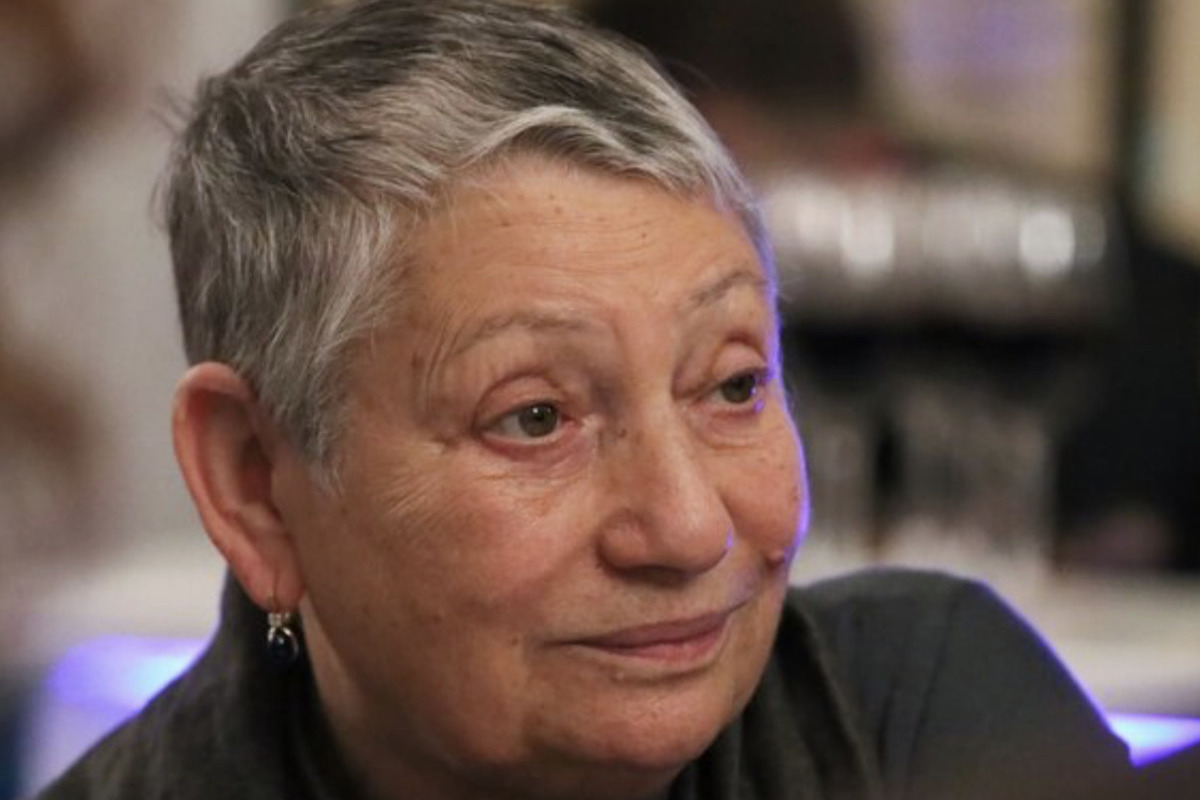After the “belated” inclusion of Ulitskaya* in the lists of the Ministry of Justice in Russia, it was proposed to recognize “twice foreign agents”
[ad_1]

The Ministry of Justice of the Russian Federation on Friday, March 1, recognized Lyudmila Ulitskaya as a foreign agent for criticizing the SVO, financing the Ukrainian army (the writer admitted to pranksters about transferring part of her fees to the Ukrainian Armed Forces) and for participating “as a respondent on information platforms provided by foreign agents and foreign media.”
“Lyudmila Ulitskaya has been declared a foreign agent. There is only one emotion: what, wasn’t he one before?”, wrote the famous literary critic Mikhail Gundarin on his Telegram page.
“It’s time to introduce the title of “twice foreign agent,” and then, lo and behold, they will become “cavaliers,” joked the poet from Stavropol Andrei Nedavny about this.
The confusion is partly understandable. The head of the State Duma Committee on Culture, Elena Yampolskaya, wrote about the “foreign agent Ulitskaya” on January 31, and on February 2, MK assumed with a high degree of confidence that Ulitskaya, after the scandalous interview, would be included in the relevant lists of the Ministry of Justice as part of the next “Friday replenishment.” But in fact it happened almost a month later.
Gundarin explained to Moskovsky Komsomolets that the mechanism for classifying cultural figures as foreign agents is not transparent to the general public:
– In general, we only know “why.” One can only guess “why now exactly this” and why “still not”. So about Ulitskaya, many thought that she was a foreign agent “already” or even “for a long time.”
Our interlocutor explained that for literally several years Ulitskaya was one of the pillars of modern Russian literature:
“Her books, successfully combining the features of women’s novels and psychological prose, resonated well with the audience. Another reason for her popularity can be explained by the fact that her works were dominated by the ideology of liberalism (in the domestic understanding, this is the primacy of the universal over the national, the individual over the universal, admiration for the West, and the like). There was a time when this ideology coincided with the officially approved one, it was even “propagandized”, somewhat “domesticated”.
“I think interest in such texts has ended by itself – their time has passed. Another thing is that perhaps they will return someday… Or maybe not,” sums up Gundarin.
*A person recognized as a foreign agent, included in the register of foreign agents of the Ministry of Justice of the Russian Federation
[ad_2]
Source link






